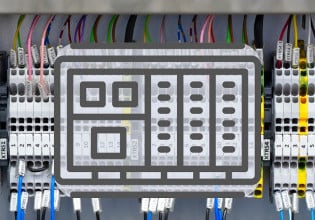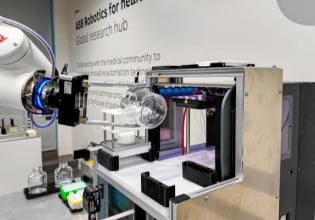Y
I had implemented modbus protocol in static energy meters. The protocol is working fine. The tests have been carried out using modbus drivers from wonderware software and RSVIEW from Rockwell Automation. The processor used in energy meter is 89C51 controller.
The problem we are facing with RSVIEW software as follows:
There are white BOX seen on the monitor and the logger logs the error as MODBUS time out once after 5 to 10 minutes. The baud rate used is 9600.Also at the start and end of frame is checked using 3.5 Character times (approx 3.5 msec for 9600 baud rate).
I have found that the meter is sending data to the master but the master is unable to read it correctly. Is there any corruption on RS485 bus or noise problem etc. Please let me know possible solution to solve the above problem.
The problem we are facing with RSVIEW software as follows:
There are white BOX seen on the monitor and the logger logs the error as MODBUS time out once after 5 to 10 minutes. The baud rate used is 9600.Also at the start and end of frame is checked using 3.5 Character times (approx 3.5 msec for 9600 baud rate).
I have found that the meter is sending data to the master but the master is unable to read it correctly. Is there any corruption on RS485 bus or noise problem etc. Please let me know possible solution to solve the above problem.






